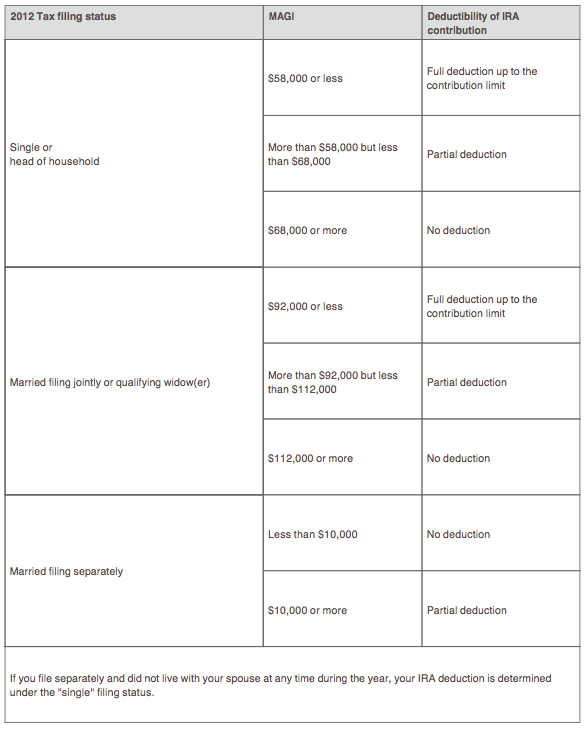The ERISA consultants at the Columbia Management Retirement Learning Center Resource Desk regularly receive calls from financial advisors on a broad array of technical topics related to IRAs and qualified retirement plans. A recent call with an advisor in Minnesota is representative of a common inquiry regarding the definition of an active participant in an employer-sponsored plan for IRA contribution deductibility purposes if the individual receives an allocation under the 401(k) plan. The advisor asked:
“My client did not make salary deferrals to her 401(k) plan in 2012 — but she did receive a forfeiture allocation. Is she considered to be an active participant for the purpose of making a deductible IRA contribution for 2012?”
Highlights of discussion
• Yes, she would be an active participant for IRA contribution deductibility purposes. An individual is considered an active participant in a DC plan if he or she makes salary deferrals or after-tax contributions, receives an employer contribution (e.g., match or profit sharing) or receives forfeitures to his or her account. An individual is considered an active participant in a DB plan if he or she is not excluded from participation under the plan. (For a complete definition of active participant, see IRS Notice 87-16.) An employer-sponsored plan for this purpose includes DC plans (e.g., 401(k) plans, profit sharing plans, money purchase pension plans, target benefit plans, etc.), defined benefit plans, simplified employee pension (SEP) plans, salary reduction SEP (SARSEP) plans, savings incentive match plans for employees (SIMPLE) IRA plans, IRC Sec. 403(a) qualified annuity plans, 403(b) plans and governmental plans other than those described under IRC Sec. 457.
• If an IRA owner or his or her spouse (if applicable) is an active participant in an employer-sponsored retirement plan for the year, then the tax-deductible amount of a traditional IRA contribution may be reduced or eliminated based on the IRA owner’s tax filing status and modified adjusted gross income (MAGI). (See the IRS table below).
• For 2012, the maximum one may contribute to all of his or her traditional and Roth IRAs combined is 100% of earned income up to $5,000 ($6,000 if age 50 or older).
Conclusion
Even if an individual does not make salary deferrals to a 401(k) plan, he or she still may be considered an active participant in an employer-sponsored plan for IRA contribution deductibility purposes if the individual receives an allocation of any kind under the 401(k) plan. Financial advisors who can demonstrate their knowledge of active participant status and its effect on IRA contribution deductibility set themselves apart from the average advisor and are better positioned to support their clients.
The Columbia Management Retirement Learning Center Resource Desk is staffed by the Retirement Learning Center, LLC, a third-party industry consultant that is not affiliated with Columbia Management. For informational purposes only. Please consult a tax advisor or attorney for specific tax or legal needs. © 2013 Columbia Management Investment Advisers, LLC. Used with permission.

